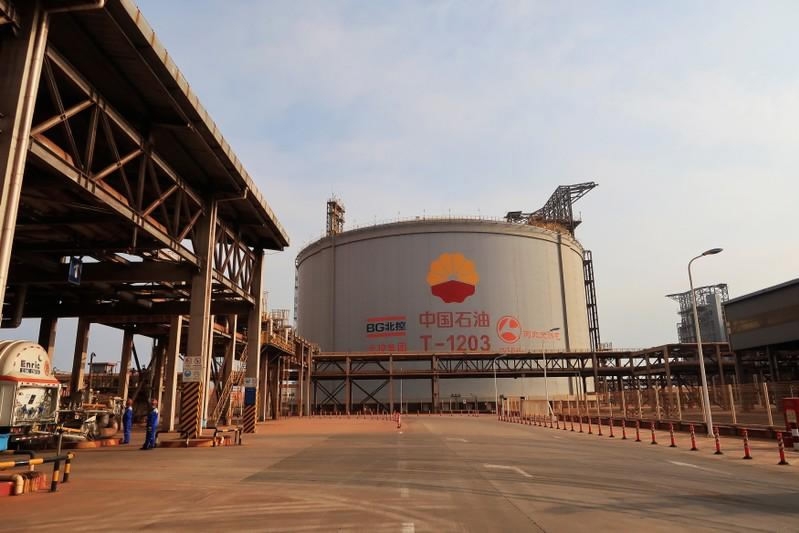
Business
18:03, 18-Dec-2017
All eyes on price of natural gas, coal ban efforts at NDRC briefing
CGTN's Grace Shao

China's National Development and Reform Commission (NDRC) held a press conference Monday in Beijing, outlining the country's macroeconomic figures for the month of November, and plans for how the central planner will move to prevent natural gas shortages.
As regulations banning coal-burning rolled out, many villagers have been left freezing in the cold due to the fading affordability of natural gas. The increase in demand and price of natural gas, has caused worry for some. Meng Wei, spokesperson for the NDRC, said during the briefing that the country has plans to address this issue, “We have outlined several mitigation plans. We will focus on working with major natural gas providers specifically, ensuring a regular supply and maintaining stable prices.”

Reuters Photo
Reuters Photo
Meng said the central planner would also try to keep the impact of the lack of supply of natural gas in check by implementing regulations to establish a better framework for constructive pricing as well as monitoring the purchasing of liquefied natural gas.
“We will try to effectively allocate surplus resources from the south to the north, to prioritize the people's needs of natural gas in northern provinces,” she said, adding that the commission would also try to bridge the supply gap by continuing to seek alternative energy sources, and coordinate with larger corporations to reduce their usage of natural gas, to better serve the needs of civilians.
Regular figures were also released on food and commodity prices and investment.
Meng Wei said the NDRC approved 11 fixed asset investment projects in November, and currently six more are seeking approval. The projects are worth a combined total of 72 billion yuan, or nearly 11 billion US dollars, mainly in the sectors of high tech, hydrology, renewable energy and social enterprise.
Food prices in November saw a marginal drop, and remained relatively stable. Eggs prices have gone up 9.3 percent year-on-year, but the increase has been countered by a 10 percent drop in the price of lean meat.
Commodities such as steel have seen a price increase, while precious metals such as copper, aluminum and lead remained comparably stable. Petroleum products including gasoline and diesel have gone up 4.54 and 9.05 points respectively compared to October.

SITEMAP
Copyright © 2018 CGTN. Beijing ICP prepared NO.16065310-3
Copyright © 2018 CGTN. Beijing ICP prepared NO.16065310-3